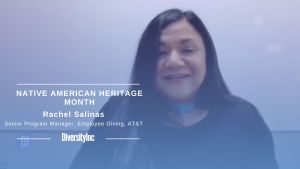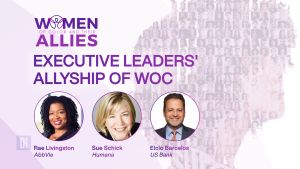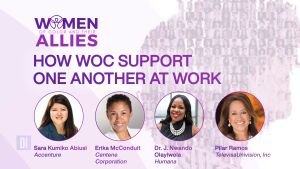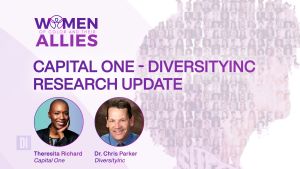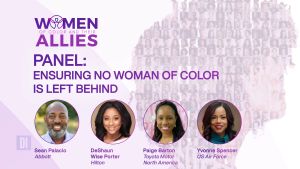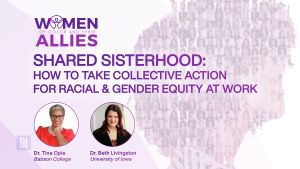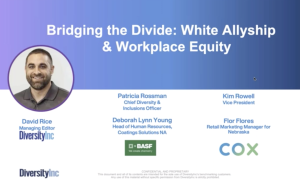Crises such as the murder of George Floyd by police in Minnesota and the rise of Asian hate crimes over the past two years have led companies to increase Black allyship, Asian allyship and the support of other groups such as the LGBTQ community. But what happens to the fervor for justice once headlines fade?
The National Institutes of Health defines allyship as “the practice of emphasizing inclusion and human rights by members of an ‘in-group,’ to advance the interests of an oppressed or marginalized ‘out-group.’”
While more organizations have increased allyship in recent years, it’s important to remember that allyship is a lifelong process that involves building relationships anchored in trust, accountability and consistency in interactions with marginalized groups.





